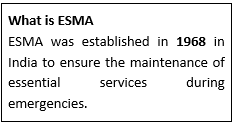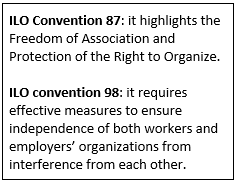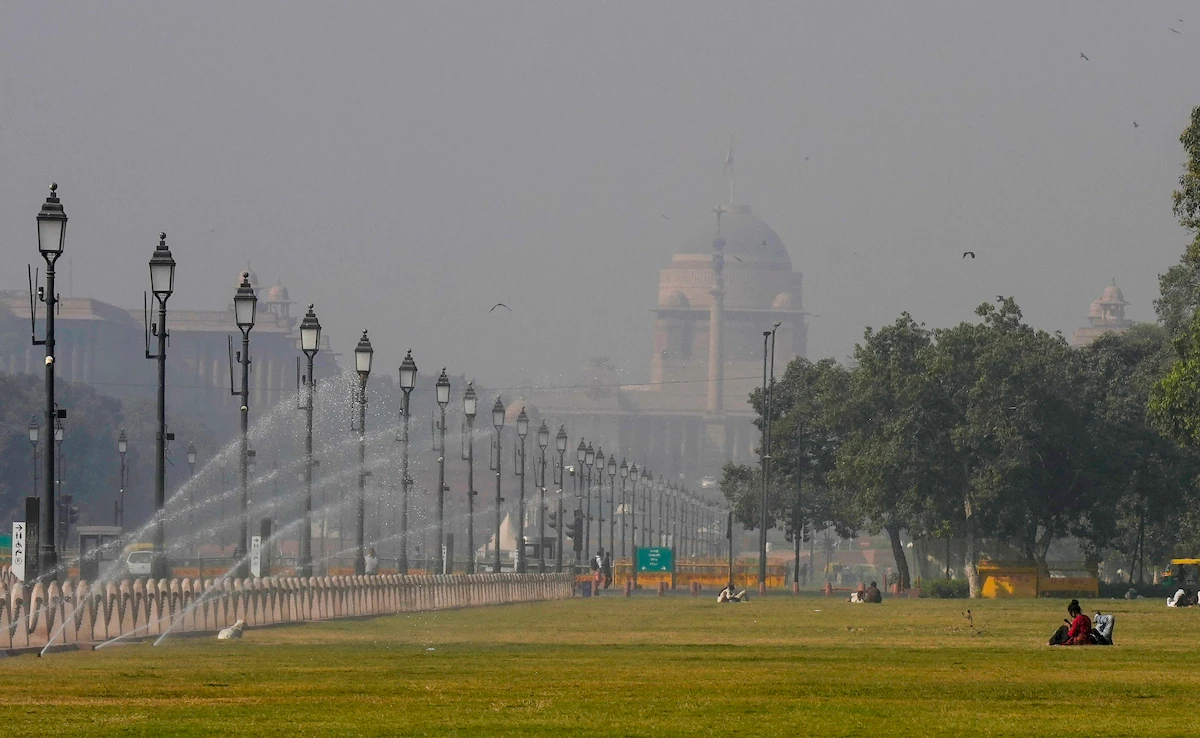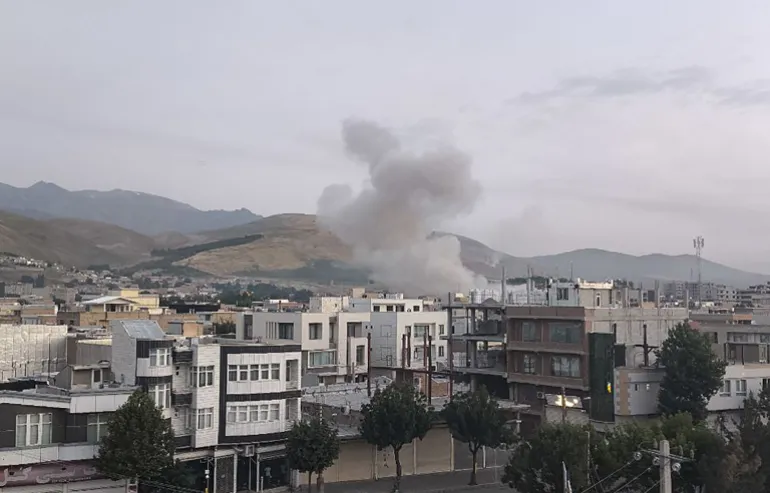- Courses
- GS Full Course 1 Year
- GS Full Course 2 Year
- GS Full Course 3 Year
- GS Full Course Till Selection
- Answer Alpha: Mains 2025 Mentorship
- MEP (Mains Enrichment Programme) Data, Facts
- Essay Target – 150+ Marks
- Online Program
- GS Recorded Course
- NCERT- First Ladder
- Polity
- Geography
- Economy
- Ancient, Medieval and Art & Culture AMAC
- Modern India, Post Independence & World History
- Environment
- Governance
- Science & Technology
- International Relations and Internal Security
- Disaster Management
- Ethics
- Current Affairs
- Indian Society and Social Issue
- CSAT
- 5 LAYERED ARJUNA Mentorship
- Public Administration Optional
- ABOUT US
- OUR TOPPERS
- TEST SERIES
- FREE STUDY MATERIAL
- VIDEOS
- CONTACT US
Essential Services Maintenance Act
Essential Services Maintenance Act
11-12-2023
Context
Recently, the Odisha Government has invoked its Essential Services Maintenance Act (ESMA) to prohibit strikes by paramedical staff; including pharmacists, nurses and technicians to ensure that essential medical services are not disrupted in the state.
prohibit strikes by paramedical staff; including pharmacists, nurses and technicians to ensure that essential medical services are not disrupted in the state.
Significance of ESMA
- Emergency Powers: ESMA grants authorities emergency powers to prohibit strikes in essential services crucial for public welfare.
- Constitutional Placement: subject number 33 in the 7th schedule under the concurrent list of the Indian Constitution.
- Prevents Disruptions: Aimed at preventing disruptions in services like healthcare, transport, and public utilities during critical situations.
- Legal Sanctions: ESMA empowers authorities to take legal actions, including arrests and detentions, against those violating the act.
- Balancing Rights: While restricting strikes, ESMA attempts to strike a balance between the rights of essential service providers and the public interest.
|
Challenges Involved |
Probable Solutions |
|
|
Way Forward
-
 Ensuring Public Order:
Ensuring Public Order:- Use ESMA to maintain essential services during strikes, safeguarding public order under Article 19(2) while complying with ILO Convention 87, recognizing the right to strike.
- Negotiation and Mediation:
- Leverage ESMA to facilitate negotiation by emphasizing Article 19(1)(c) rights, promoting ILO Convention 98 adherence, and encouraging dispute resolution mechanisms to address labor concerns.



